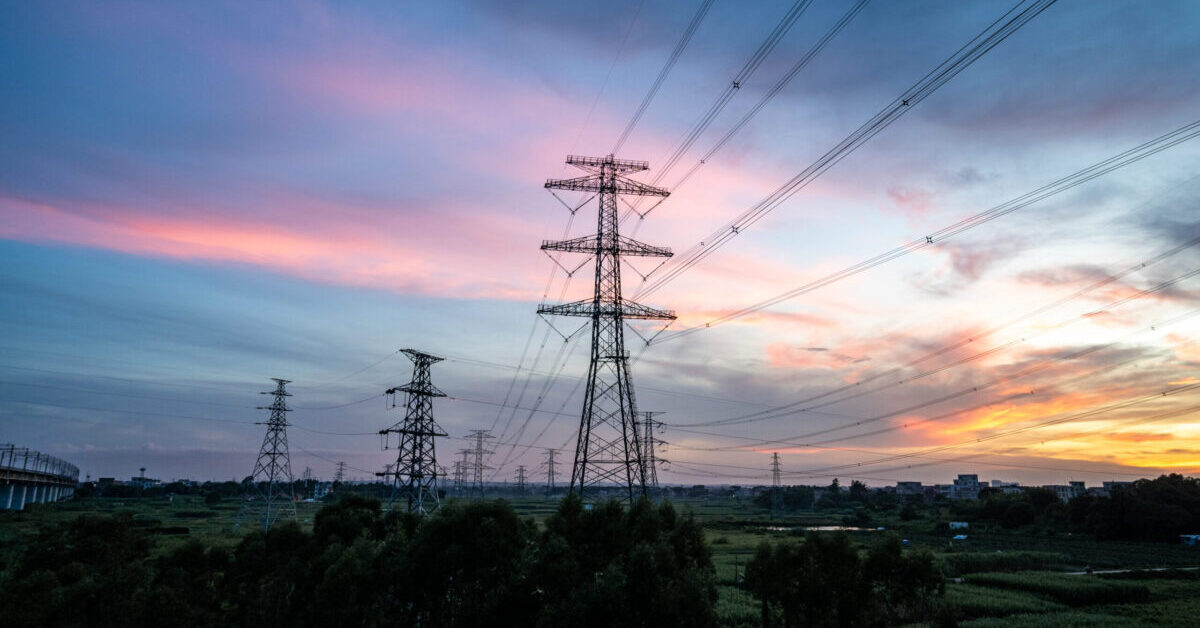Accelerating Clean Energy Procurement in the Asia-Pacific Region Through Improved Power Purchase Agreements

By Camorah King and Emma Saraff
Power purchase agreements (PPAs) are a well-established and scalable mechanism for corporate energy buyers to secure long term, reliable, low-cost clean energy and for governments across the Asia-Pacific (APAC) region to attract investment and accelerate clean energy deployment. A new report by the Clean Energy Buyers Association (CEBA) and the Asia Clean Energy Coalition (ACEC), Expanding Corporate Clean Energy Procurement Options in the Asia-Pacific Region: Power Purchase Agreements, seeks to support the growth of corporate PPAs in the APAC region.
The report describes how PPAs work, identifies best design practices, and provides recommendations for four key APAC markets: Japan, Malaysia, South Korea, and Vietnam. Physical and virtual PPAs allow corporate buyers to execute long-term contracts with developers or power generators for a price per megawatt-hour of electricity generated from a clean energy project. PPAs are important enablers of increased clean energy development, because they offer developers a stable revenue stream that helps in obtaining financing from banks and investors.
Analysis by the International Energy Agency and the American Clean Power Association found that corporate PPAs have proven to accelerate global clean energy deployment and investment. In the APAC region, PPAs are increasingly being used by corporate buyers to procure clean energy, with a record procurement of 10 gigawatts in 2023. This volume has the potential to grow exponentially if APAC policymakers and regulators integrate these principles into their PPA frameworks:
● Scalable and accessible provisions: PPA frameworks should avoid setting a quota or cap on transaction volumes and offer flexible load size across all sectors, enabling all customers who are ready to transact via a PPA to do so.
● Transparent and competitive market rules and pricing: PPAs should be supported by robust electricity market constructs that ensure cost-effectiveness through third-party access to the grid; competitive and transparent pricing; and fair, detailed, and predictable charges.
● Clarity and flexibility to transact: PPA programs should include clear frameworks for energy attribute certificates (EACs), accounting treatment, and effective settlement mechanisms to support uptake and financial viability.
In the report, these principles are compared with current PPA frameworks in Japan, Malaysia, South Korea, and Vietnam, noting best practices and specific market recommendations that policymakers and regulators can consider, to facilitate corporate PPAs and clean energy development. As global leaders at major energy forums this year discuss advancing clean energy deployment, our report provides tangible solutions to unlock corporate demand and investment.
Corporate buyers seek a diverse menu of cost-effective and impactful clean energy procurement options, including physical and virtual PPAs, utility green tariffs, and unbundled EACs. To ensure procurement mechanisms are well-designed and meet customer needs, policymakers and regulators should undertake transparent and robust stakeholder consultation processes that include early industry feedback. ACEC, CEBA, and our members are eager to provide important resources and perspectives to support increased PPA and clean energy use across the APAC region.
Camorah King is the Clean Energy Buyers Association’s manager of Global Programs, and Emma Saraff is the Asia Clean Energy Coalition’s head of policy for Asia
